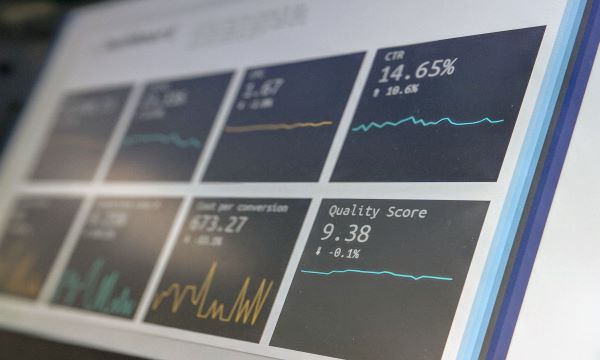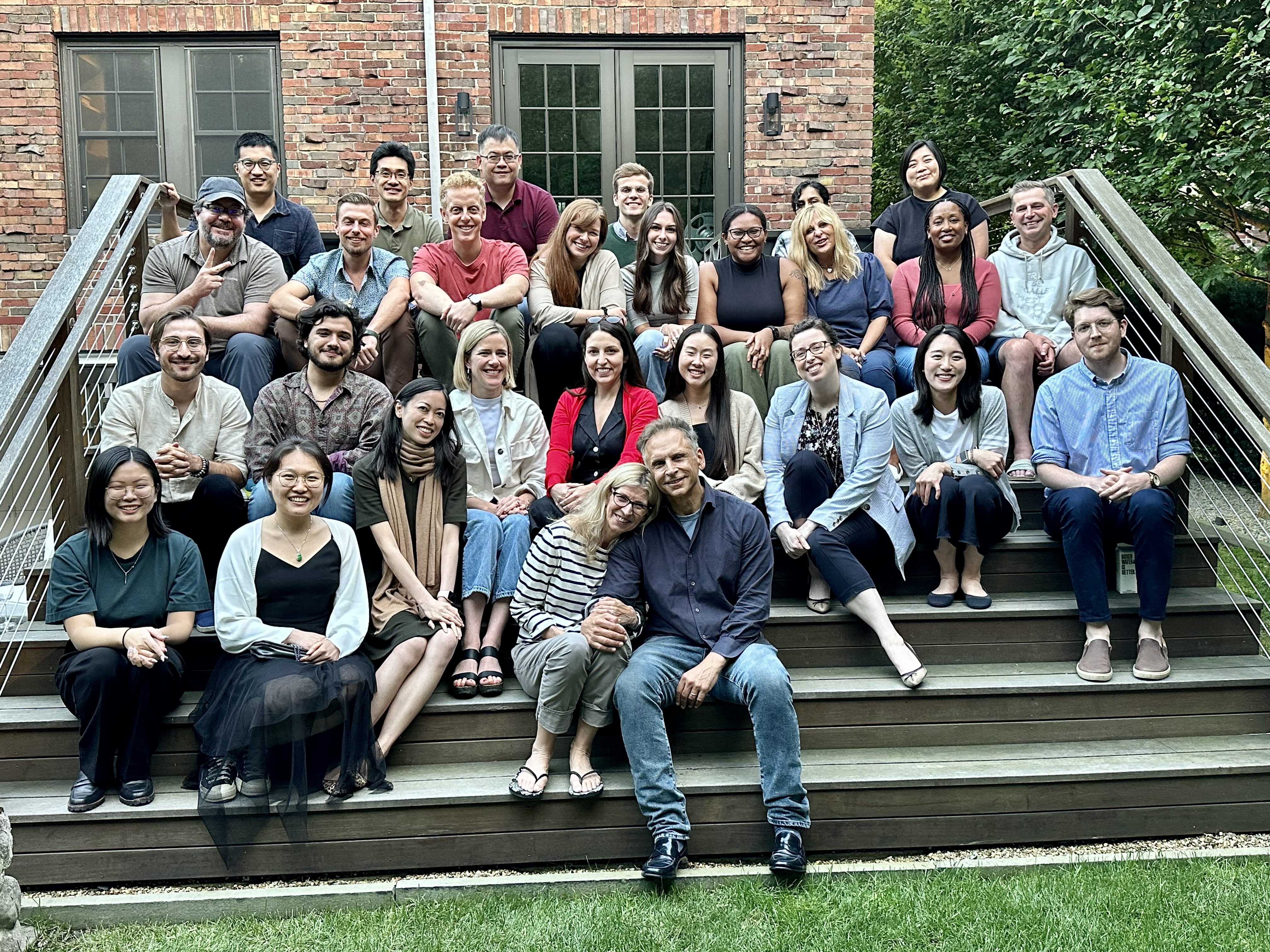The Center for Precision Psychiatry
Our Mission: To integrate research and clinical practice to enable more accurate risk prediction, targeted prevention, precise diagnosis and effective treatments for psychiatric disorders.

About Us
Learn more about the Center for Precision Psychiatry.
Affiliated Centers and Research Projects
Learn more about the affiliated centers and projects CPP is currently involved in.
Publications
View our Center's recent publications.
Our Annual Conference
The Center hosts a conference on precision psychiatry each year. Learn more about our upcoming and past conferences.
Meet Our Team
Learn more about our team of researchers and administrative staff.
Career Opportunities at CPP
Interested in joining our team? Explore our current job openings.
News
Check out recent news and announcements related to our Center's work.
Precision Psychiatry Seminar Series
View the schedule of seminars hosted by the Center for Precision Psychiatry.
Contact Information
Where we are located and how to reach us.
Stay Connected with the Center for Precision Psychiatry
Interested in following our work? Stay up to date on the latest Center for Precision Psychiatry news and updates through our social media.









